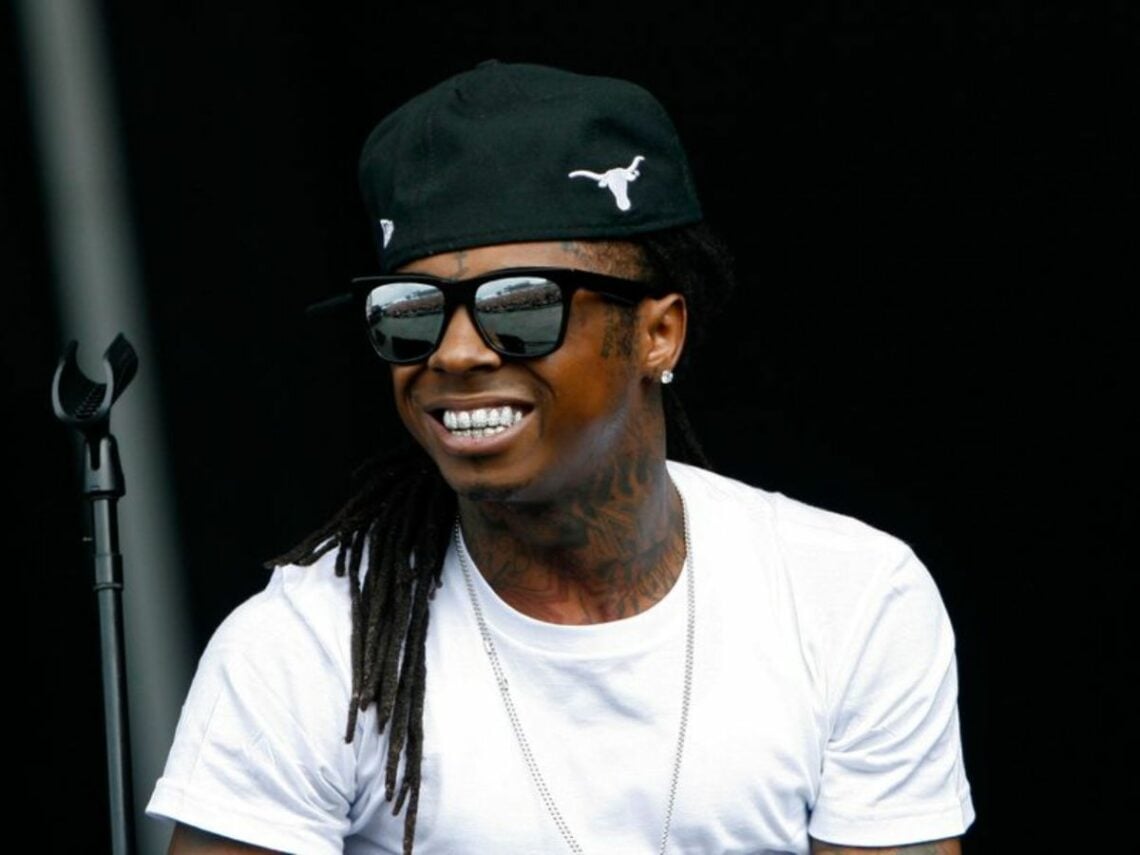Lil Wayne is one of the wealthiest rappers in the world. As the man behind the Young Money label, Lil Wayne has not only seen an unfathomable amount of success himself but has helped launch the careers of some of the most successful rappers we know today, including the likes of Drake, Nicki Minaj and Tyga.
Born and raised in the deprived Hollygrove area of New Orleans, Lil Wayne (real name Dwayne Carter) was discovered by Birdman when he was just a teenager. Weezy’s childhood friend Mack Maine equated the cities of Baton Rouge and New Orleans to warzones, recalling that, like its neighbouring states, Louisiana had such loose gun laws at one point that in Hollygrove, there were new dead bodies on the street every morning.
Quickly accepting Birdman’s offer, Lil Wayne signed to his record label Cash Money as a mere teenager in the early noughties. He signed a record deal as part of the New Orleans rap crew The Hot Boys. Still, after the collective disbanded with their producer Mannie Fresh abandoning the label, only Lil Wayne was left at Cash Money.
Lil Wayne released his debut album Tha Block Is Hot, on the label in 1999. Having already built a buzz by touring on the underground across the south and with multiple tracks receiving local airplay in the south, Tha Block Is Hot, pushed by Cash Money and Universal Music, debuted at number three on the Billboard 200.
Between 1999 and 2004, Wayne released two more studio albums, but they never reached the heights of his debut. However, he did multiple features, including a verse on the Destiny’s Child song ‘Soldier’. In 2004 Wayne released his fourth studio album, Tha Carter, which birthed his Carter album series. Fortunately, with his classic mixtape series Dedication alongside DJ Drama shaking up the underground, Lil Wayne became Cash Money’s face and, before long, its new star.
However, before Lil Wayne’s fame he had a troubled childhood. As previously stated, Hollygrove was an extremely impoverished inner-city neighbourhood before it got wiped out by hurricane Katrine in 2005. Raised in a turbulent area as a youngster, Carter battled severe mental health issues. Cared for by his mother, Jacida Carter, the now-wealthy rapper didn’t believe he had many prospects and saw rap as his only way out.
Speaking to the former NFL player Emmanuel Acho on his Uncomfortable Conversations podcast in 2021, Carter said that as a young child, he felt like he had to prove how much he wanted to rap. Explaining his determination the New Orleans musician stated, “When I was told that I couldn’t have what I wanted, what I dreamed of and what I desired and that was to rap,” he said. “I wanted to prove I was willing to die for it.”
However, in order to prove he was “willing to die for it”, Carter misfortunately felt like he needed to harm himself and, as a result, chose to shoot himself. Speaking on the situation, the rapper explained, “So that was a buildup. … Thoughts everywhere. [My] main thought was, ‘I’m gonna show you.’ so I picked up the phone and I called the police. I knew where she kept her gun, and it was in her bedroom.
Carter continued, “So I went in her bedroom, grabbed the gun. I had already made the phone call. I looked in the mirror, did like that.” He proceeded to point his fingers like a gun to the side of his head. However, the rapper admitted he felt that it was to far, disclosing, “Of course, I was like, ‘Oh no,’ ’cause I got a little too scared, that was my head. Like ‘Nah nah.’ But then I said, ‘F*ck it.'”
When the host asked what part of his body he ended up shooting, the rapper divulged, “In my chest. Didn’t feel it, aimed for my heart. And didn’t feel a thing, though. So I wasn’t going through any pain. It was the shock. I woke up to boom, boom, boom, to the police knocking. And that’s what woke me up.” However, the rapper did not die but was seriously injured.
In 2016, in an interview with ABC, Lil Wayne explained the aftermath of his attempted suicide and how it affected his perception of racism. Speaking to Linsey Davis about what happened after he attempted suicide, Lil Wayne unveiled, “I was in the house, the police knocked on my door. Then they knocked the door down. Everybody jumped over my body to go get the guns and drugs and whatever they could find. It took one guy to stop right there and cuss everybody out and say, ‘what the f*ck y’all doing!?’
He continued, explaining, “He picked me up brought me to the hospital. He didn’t drop me off at the ambulance he brought me to the hospital room and stood there and waited until the doctor said ‘[I was] gonna make it’. He told me ‘don’t worry my name’s uncle Bob’. He was white as snow! Them motherf*ckers that hopped over me was blacker than me! My life was saved by a white man! I don’t know what racism is!” You can watch Lil Wayne telling the story in the video below.
